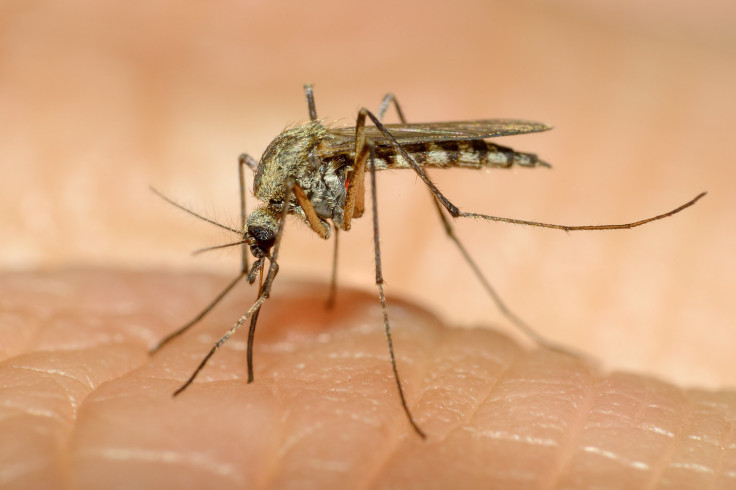Chikungunya Vaccine May Be On The Horizon, But For Now Mosquito Reduction Is Our Best Protection Against The Painful Virus

The chikungunya virus has been spread with unprecedented volumes across the Americas in the past year, carried along by two common mosquito species. A new vaccine developed by researchers at the National Institute of Allergy and Infectious Disease had a 100 percent success rate in its recent trials, making it the best vaccine candidate for the currently incurable and unpreventable virus.
In 2010, scientists found an experimental chikungunya vaccine successful in providing non-human primates test subjects with complete immunity from the virus. The trials were repeated, this time using human subjects. A total of 25 human volunteers were administered with the experimental vaccine over a 20-week span and the success rate remained the same. "The candidate vaccine prompted a robust immunological response in recipients and was very well tolerated," explained Julie E. Ledgerwood, principal investigator of the study, in a recent press release. All of the volunteers, regardless of their dosage amount, were found to have the presence of vaccine-induced antibodies in their blood following the injections.
Chikungunya is similar to the chicken pox virus in that, after infection, an individual develops a natural immunity. Researchers involved in the vaccine’s creation are confident that their drug “would provide as much protection as natural infection,” after the volunteers’ antibodies were found to be a match for those in the blood of recovered chikungunya patients.
As of last week, the Centers for Disease Control and Prevention confirmed or suspected that there have been 570,000 cases of chikungunya throughout the Caribbean and Southern American states, since the outbreak first began in December 2014. The majority of the cases were reported in the Caribbean, but thanks to frequent travel between the infected region and the United States, chikungunya-infected mosquitos are now breeding in the U.S. As of Aug. 12, four Floridian cases of chikungunya are believed to have been locally transmitted, but according to the CDC-managed national arboviral surveillance system, ArboNET, a further 580 travel-associated U.S. cases have also been reported.
Still, without an available vaccine, the best way to prevent the further spread of chikungunya is through reduction of mosquito larval habitats and spraying for adults. “Mosquito control is the key.” Dr. Rajeev (Raj) Vaidyanathan an Entomologist, told Medical Daily. Vaidyanathan, who is also Director of Environmental Science at Clarke, an Illinois-based global environmental products and services company. He went on to explain how the mosquitos which carry this virus pose an increased risk to humans because of their preference to dwell near human habitation. “These two species are really common. They are abundant. They can bite you near your house, inside your house, or in your garage,” Vaidyanathan said.
Chikungunya has a very low mortality rate, but the crippling pain it causes could keep you out of work and create an unforeseen economic burden. The chances of catching the virus are highest for those living in southern American states. Still, Vaidyanathan explained that reducing mosquito populations are always a good thing, regardless of your level of risk. It’s nearly impossible to eliminate the blood-sucking pests, but controling their populations is easier than you may realize. “Tip over the bird bath, pour out the water at the bottom of a pot, clean out your gutters," Vaidyanathan said. “Fortunately you don’t have to eliminate or eradicate mosquitos to control an outbreak. It's population control."
Source: Kushnir N, Streatfield SJ, Yusibov V. Virus-like particles as a highly efficient vaccine platform: Diversity of targets and production systems and advances in clinical development. The Lancet. 2014.
Published by Medicaldaily.com



























